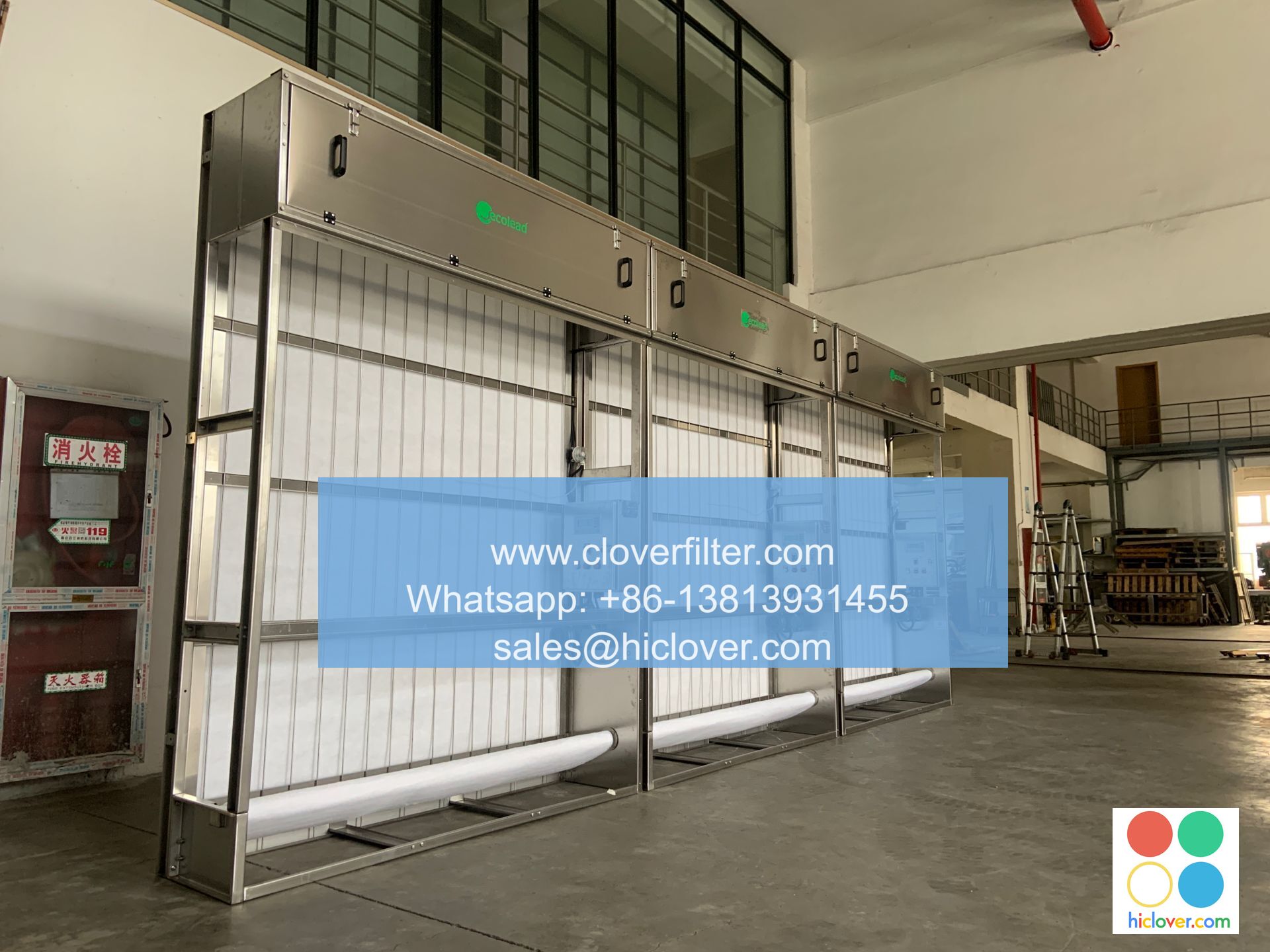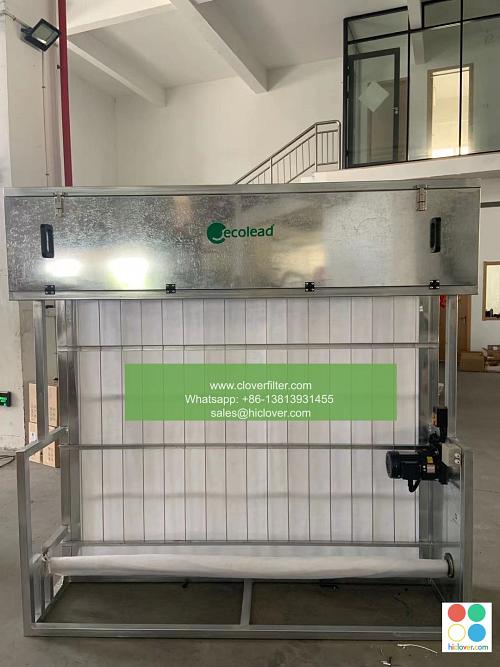Air Filter Technology and the Sharing Economy

The world is witnessing a significant shift towards a more sustainable and shared future, with the sharing economy and air filter technology emerging as two key players in this revolution. As concerns about air pollution and indoor air quality continue to grow, the demand for innovative solutions is on the rise. In this article, we will delve into the application areas where air filter technology and the sharing economy intersect, exploring the potential for sustainable development and eco-friendly practices.
Sharing Economy and Air Filter Technology: A Perfect Match
The sharing economy, also known as collaborative consumption, is an economic model that promotes the sharing of resources, goods, and services. When applied to air filter technology, this concept can lead to a more efficient and cost-effective approach to maintaining good air quality. For instance, companies can offer air filter rental services or air purification as a service, allowing individuals and businesses to access high-quality air filters without the need for upfront purchases.
Application Areas: Residential, Commercial, and Industrial
The integration of air filter technology and the sharing economy has numerous applications across various sectors, including:
* Residential buildings: Air filter rental services can provide homeowners with regular filter replacements, ensuring a consistent supply of clean air and reducing the risk of indoor air pollution.
* Commercial spaces: Offices, restaurants, and shopping centers can benefit from shared air filter systems, improving indoor air quality and enhancing the overall customer experience.
* Industrial settings: Manufacturing facilities and warehouses can utilize shared air filter systems to maintain a safe and healthy working environment, reducing the risk of occupational hazards and improving productivity.
Key Benefits: Sustainability, Cost Savings, and Convenience
The convergence of air filter technology and the sharing economy offers several advantages, including:
* Sustainability: Reduced waste and energy consumption through shared resources and optimized filter usage.
* Cost savings: Lower upfront costs and reduced maintenance expenses through rental services and shared systems.
* Convenience: Easy access to high-quality air filters and regular maintenance services, ensuring consistent air quality and reducing the hassle of filter replacements.
Future Prospects: IoT Integration and Data-Driven Insights
As the sharing economy and air filter technology continue to evolve, the integration of Internet of Things (IoT) devices and data analytics is expected to play a crucial role in optimizing air filter performance and indoor air quality. By leveraging real-time data and insights, companies can develop more efficient and effective air filter systems, further enhancing the benefits of the sharing economy.
In conclusion, the intersection of air filter technology and the sharing economy has the potential to revolutionize the way we approach air quality and sustainability. By embracing this innovative approach, we can create a healthier, more eco-friendly future, where clean air is accessible to all. Prompt

